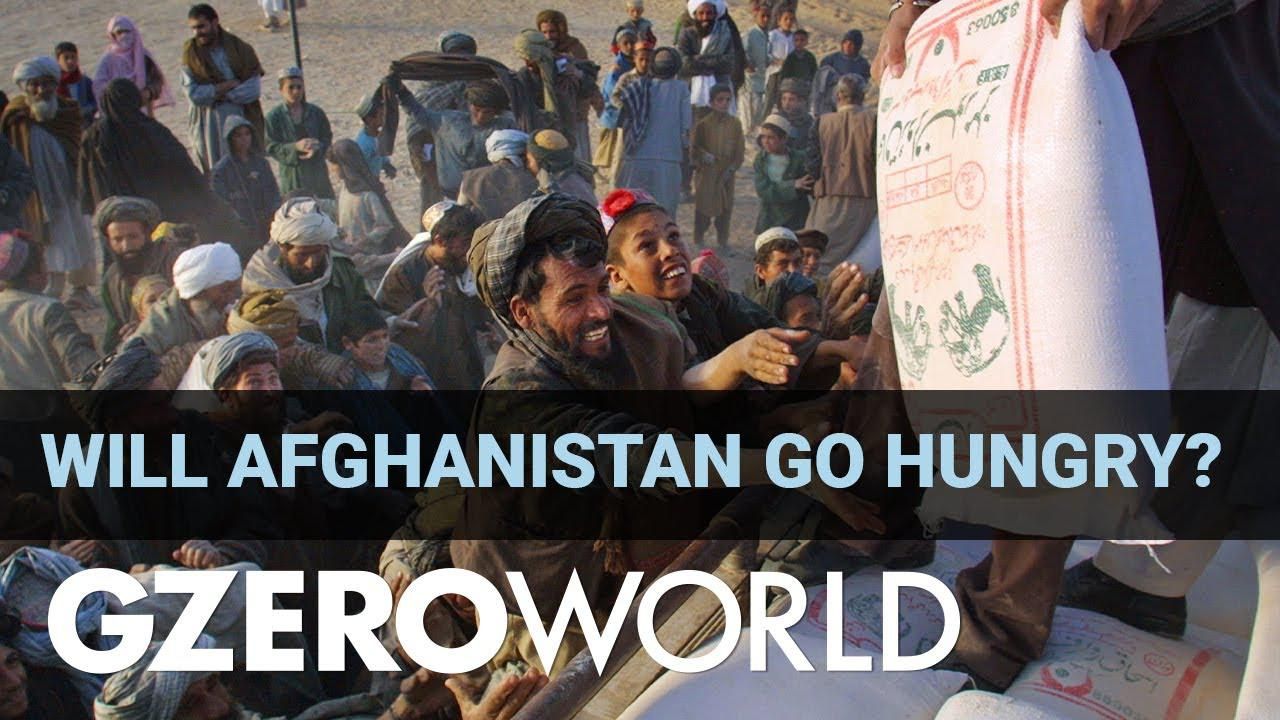GZERO World Clips
The Taliban may crack down harder if Afghan people protest, warns journalist Ahmed Rashid

Taliban May Crack Down Harder If Afghan People Protest, Warns journalist Ahmed Rashid | GZERO World

Will the Taliban be able to maintain control over the entire country of Afghanistan if the ongoing hunger and economic crisis worsens?
Civil disobedience is likely to expand from women's protests to widespread unrest, said journalist Ahmed Rashid, especially if humanitarian aid only reaches the hands of Taliban loyalists and the country’s urban elites.
“It's going to be much more easy for the opposition to organize unrest in the cities demanding food and services," said Rashid, author of Taliban: Militant Islam, Oil & Fundamentalism in Central Asia.
"The Taliban are going to use probably harsher and harsher methods to deal with that, and that, of course, will create its own snowballing crisis.”
Rashid spoke during an interview with Ian Bremmer for GZERO World.
Watch the GZERO World episode: Taliban 2.0: Afghanistan on the Brink (US AWOL)
Some of the regime’s best moments — did we miss any? #PUPPETREGIME
Mastercard Economic Institute's Outlook 2026 explores the forces redefining global business. Tariffs, technology, and transformation define an adaptive economy for the year ahead. Expect moderate growth amid easing inflation, evolving fiscal policies, and rapid AI adoption, driving productivity. Digital transformation for SMEs and shifts in trade and consumer behavior will shape strategies worldwide. Stay ahead with insights to help navigate complexity and seize emerging opportunities. Learn more here.
Gotta maximize sleigh-holder value. #PUPPETREGIME